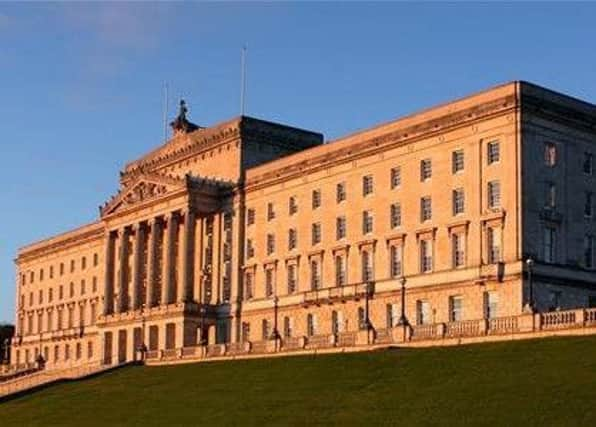Economy set to grow 1% as progress remains modest warns Dankse


That’s the view of the latest Quarterly Sectoral Forecasts report from Danske Bank, which estimates that the Northern Ireland economy will grow by just 1.0% in 2018 and by 1.2% in 2019.
The report predicts growth in nearly all sectors, the one exception being public administration and defence.
Advertisement
Hide AdAdvertisement
Hide Ad“The Northern Ireland economy is forecast to grow by 1.0 per cent in 2018, lower than the 1.6 per cent expected for the UK economy,” said Danske chief economist Conor Lambe.
“After rising last year, we think that inflation has now passed its peak and expect it to slow through 2018 and 2019.” Nevetheless, given that the fall in inflation is likely to be gradualm, he said consumers will still face some pressure in the coming years.
“Brexit-related uncertainty is likely to continue to weigh on business investment as companies still face uncertainty around their future, long-term access to EU markets.
But, on a more positive note, the global economy is performing strongly and this should provide some support to exporting businesses this year,” Mr Lambe said.
Advertisement
Hide AdAdvertisement
Hide Ad“Stormont’s political stalemate is continuing into a second year, with seemingly no current prospects of restoring the devolved institutions.
“The lack of political representation has led to the postponement of big issues such as healthcare reform, and the length of the impasse has caused frustration within the Northern Ireland business community.”
Fastest growth is expected in administration and support at 3.5%, followed by information and communication (3.4%) and the professional, scientific and technical services sector (2.6 %).
Despite recent failures, the bank is projecting 1.3% growth in the wholesale and retail trade sector this year and 1.1 per cent in 2019, though it accepts that the consumer sector will remain under strain.
Advertisement
Hide AdAdvertisement
Hide AdThe manufacturing sector is forecast to grow by 1.0% in 2018 and 1.2% in 2019 and construction output is also predicted increase this year and next by 0.7 per cent and 1.1 per cent respectively.
Public administration and defence is the only sector expected to experience a contraction, by 1.2% this year and by a further 0.6% the next.
In terms of employment, the report says the province is unlikely to maintain the pace of job creation set in 2017 at 1.6%, with a rise in jobs this year of just 0.4% and 0.2% in 2019.
As might be expected, the information and communication sector is set to experience the fastest growth at 2.1%, closely followed by construction and administrative and support services, each forecast to grow by 2%.
Again, the wholesale and retail trade sector - the largest in pure numbers, is set to shrink with employment falling 0.3% in 2018 and 2019.